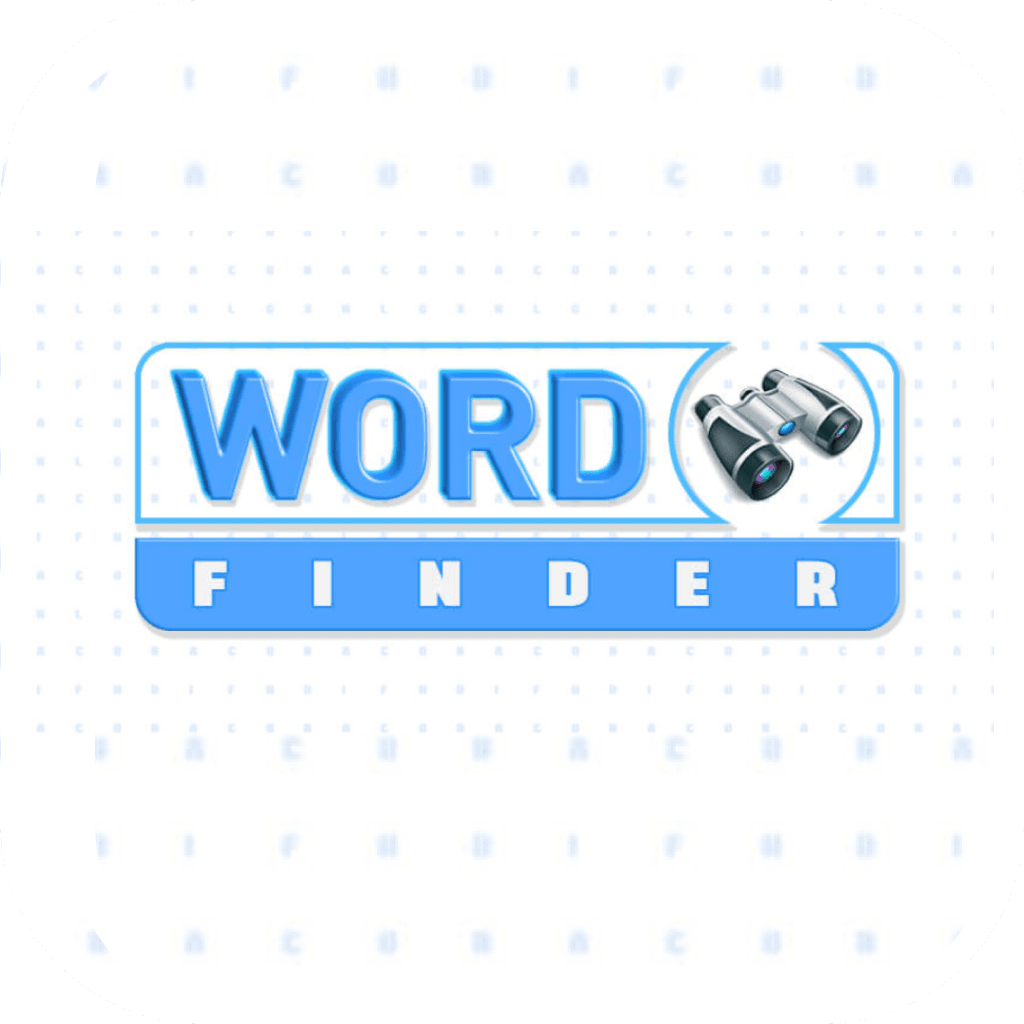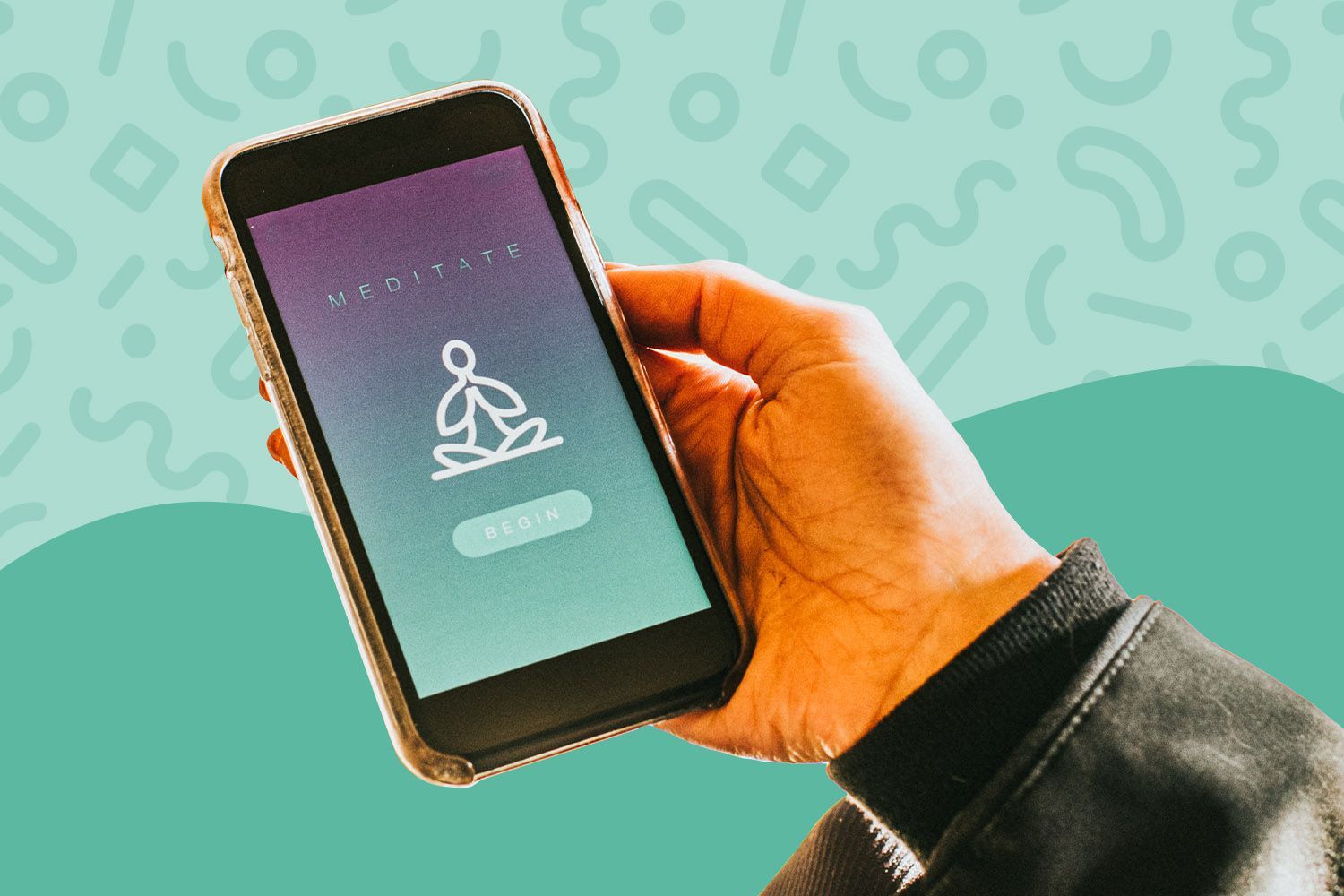

In today’s fast-paced digital world, mental health apps have become increasingly popular tools for managing stress, anxiety, and overall emotional well-being. Let’s learn more about this topic below with Word Search as we explore the most effective mental health applications that have proven their worth through user experiences and clinical validation.
The global pandemic has accelerated the adoption of digital mental health solutions, with millions of people seeking accessible and affordable ways to maintain their psychological well-being. Mental health apps have emerged as powerful tools that offer everything from guided meditation to cognitive behavioral therapy exercises, making professional-grade mental health support available at our fingertips. These apps have revolutionized how we approach mental wellness, providing privacy, convenience, and continuous support when traditional therapy might not be readily accessible.
Headspace stands out as a pioneer in the meditation app space, offering a comprehensive approach to mindfulness and mental wellness. The app’s greatest strength lies in its structured programs that gradually introduce users to meditation techniques. With its clean, intuitive interface and animated guides, Headspace makes meditation approachable for beginners while offering enough depth to satisfy experienced practitioners.
What sets Headspace apart is its science-backed approach and diverse content library. The app offers specialized meditation sessions for specific concerns like sleep, anxiety, and focus. Users particularly appreciate the “SOS” sessions for immediate stress relief and the progressive nature of the courses, which build upon previously learned skills. The app’s sleep-focused content, including sleep casts and soothing soundscapes, has proven especially popular among users struggling with insomnia.
Calm has earned its reputation as a comprehensive mental wellness platform by offering an extensive range of features beyond basic meditation. The app’s sleep stories, narrated by celebrities and voice artists, have created a unique niche in the mental health app market. Users report significant improvements in their sleep quality and ability to manage stress through regular use of the app’s various features.
The app’s Daily Calm sessions provide a structured approach to mindfulness practice, while the extensive music library offers everything from focus-enhancing sounds to relaxation tracks. What makes Calm particularly effective is its ability to cater to different emotional needs throughout the day, from morning meditation to bedtime wind-down routines.
Woebot represents the cutting edge of mental health technology, utilizing artificial intelligence to provide cognitive behavioral therapy (CBT) through conversational interactions. The chatbot’s ability to engage users in meaningful therapeutic dialogue while maintaining a friendly, non-judgmental approach has garnered positive feedback from users dealing with anxiety and depression.
The app’s effectiveness lies in its accessibility and consistency. Users can engage with Woebot at any time, receiving evidence-based support through structured conversations that help identify and challenge negative thought patterns. The AI’s ability to remember previous interactions and track mood patterns over time provides valuable insights into emotional trends and triggers.
Read more: Hidden Gem Apps You Probably Haven’t Heard Of (But Should Try)
Sanvello offers a unique combination of self-care tools, peer support, and professional coaching. The app’s strength lies in its comprehensive approach to mental health, incorporating cognitive behavioral therapy techniques, mindfulness exercises, and mood tracking. Users particularly value the community aspect, which provides a safe space to share experiences and receive support from others facing similar challenges.
The app’s guided journeys address specific mental health concerns through structured programs, while the mood tracking features help users identify patterns and triggers in their emotional well-being. The integration with health insurance providers in some regions makes it a particularly attractive option for those seeking professional support through their insurance plans.
Wysa combines artificial intelligence with evidence-based techniques from cognitive behavioral therapy, dialectical behavior therapy, and mindfulness practices. The app’s AI chatbot provides a unique blend of empathy and practical tools for managing anxiety, stress, and other emotional challenges. Users appreciate the non-judgmental nature of interactions and the ability to access support at any time.
The app’s effectiveness stems from its ability to guide users through various therapeutic techniques while maintaining a conversational, engaging approach. The inclusion of activity suggestions and practical exercises helps users develop concrete coping strategies they can apply in real-life situations.
MoodKit stands out for its comprehensive approach to mood improvement based on cognitive behavioral therapy principles. The app offers over 200 mood improvement activities, thought checker tools, and journal functions that help users identify and modify negative thinking patterns. Users particularly value the practical nature of the suggested activities and the app’s focus on building sustainable mental health habits.
The app’s effectiveness lies in its structured approach to mood management, helping users develop practical skills while maintaining a record of their progress. The integration of various CBT techniques into daily activities makes it easier for users to incorporate mental health practices into their routine.
When selecting a mental health app, consider your specific needs, preferences, and goals. Some apps excel at meditation and relaxation, while others offer more comprehensive therapeutic support. Consider factors such as cost, privacy features, and the type of support you’re seeking. Many apps offer free trials, allowing you to experience their features before committing to a subscription.
It’s important to remember that while mental health apps can be valuable tools for maintaining emotional well-being, they should not be considered replacements for professional mental health care when needed. These apps work best as supplements to existing mental health practices or as preventive tools for maintaining emotional wellness.
Read more: Cash App vs. Venmo: Which Mobile Payment App Is Better?
Mental health apps have evolved significantly, offering increasingly sophisticated and effective tools for managing emotional well-being. The best apps combine evidence-based techniques with user-friendly interfaces and engaging features that encourage regular use. While different apps may suit different needs, the key to success lies in consistent engagement and integration of the tools and techniques into daily life. Remember to approach these apps as part of a broader mental health strategy, potentially including professional support when necessary.